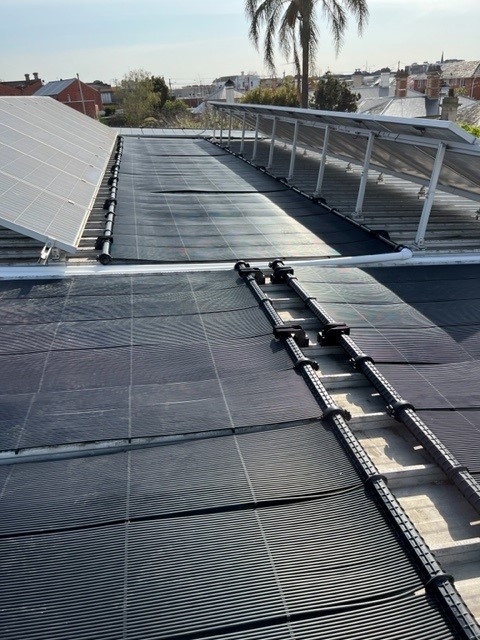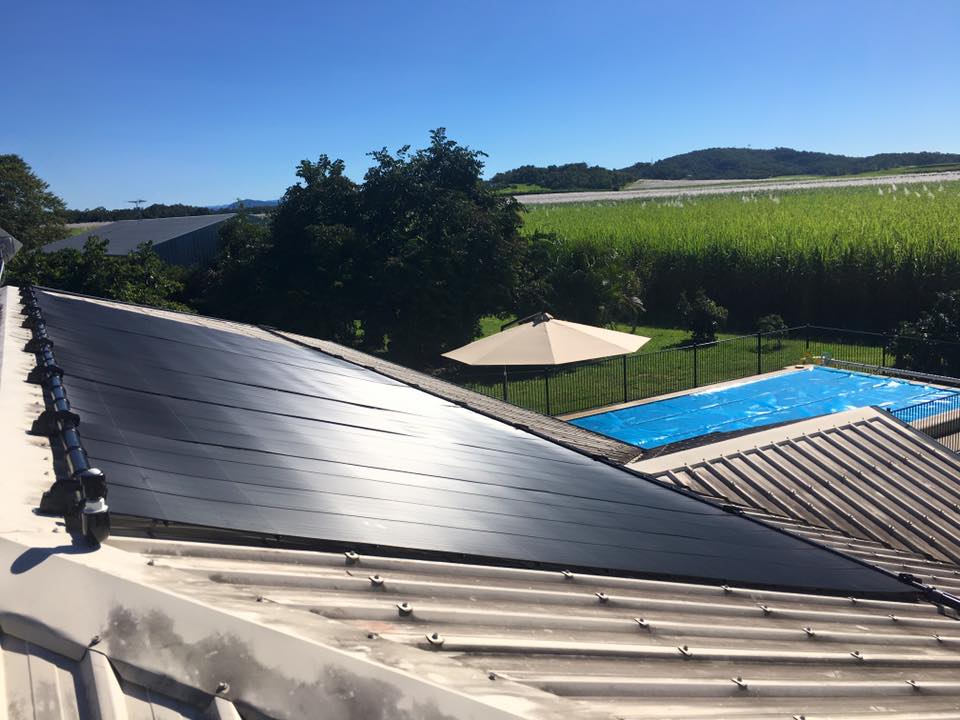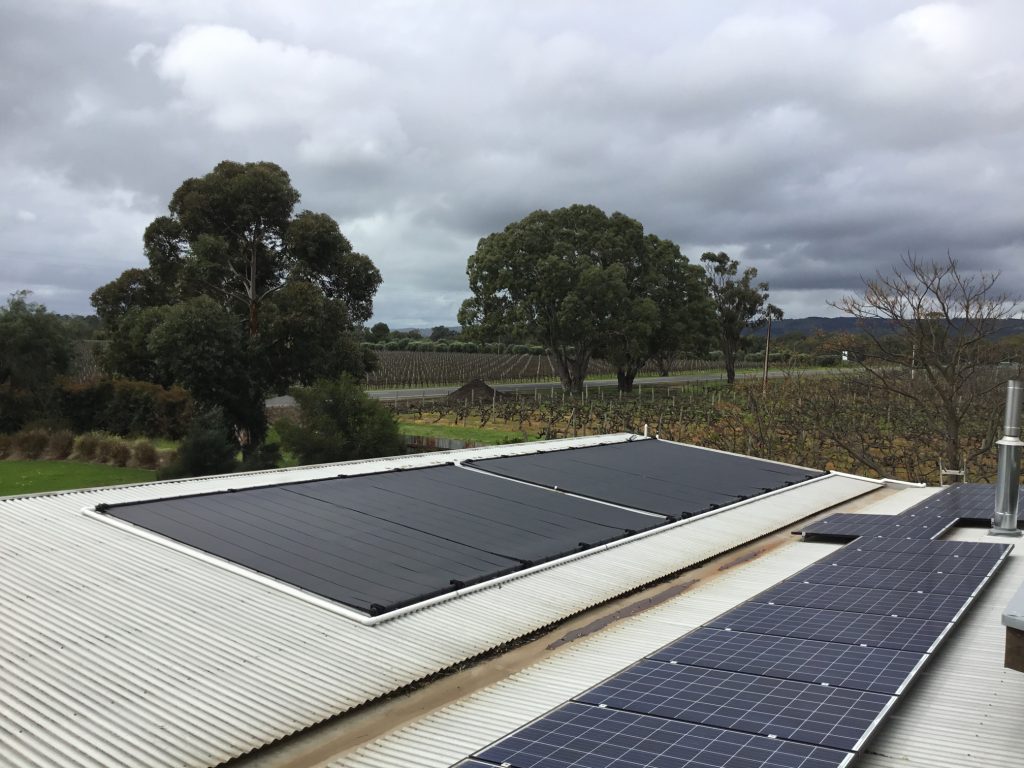Are you tired of limiting your pool enjoyment to just a few months each year? Do you dream of taking a dip in warm and inviting waters, even when the weather turns chilly? Well, you’re in luck! This comprehensive guide is here to help you unlock the secrets of pool heating, allowing you to extend your swimming season and enjoy your pool to the fullest. Whether you prefer the eco-friendly approach of harnessing the sun’s energy, the quick all-year-round heating provided by gas heaters or heat pumps, we’ve got you covered. Get ready to dive into the world of pool heating as we answer your most common questions and provide you with simple, easy-to-understand information on how to heat your pool and create the perfect aquatic oasis in your own backyard.
Top 5 Common Questions About Pool Heating
1. What are the different types of pool heaters available?
Answer: There are three primary types of pool heaters: solar, gas, and heat pumps. Solar heaters use the sun’s energy, gas heaters burn natural gas or propane, and heat pumps utilize electricity to extract heat from the air and transfer it to the pool water.
2. Which pool heating option is the most cost-effective?
Answer: Solar heaters are generally considered the most cost-effective in the long run, as they utilize free energy from the sun. However, the initial installation cost can be higher compared to gas heaters or heat pumps. Gas heaters are ideal for heating pools quickly, while heat pumps are energy-efficient but may require a longer time to heat the pool.
3. How do solar pool heaters work?
Answer: Solar pool heaters use solar panels to collect the sun’s heat. The pool water is circulated through the solar panels, where it is heated before returning to the pool. The panels are typically mounted on the roof or in an area that receives maximum sunlight.
4. Can I install a pool heater myself?
Answer: While some pool heating systems can be installed by experienced DIY enthusiasts, it’s generally recommended to hire a professional. Proper installation ensures optimal performance, safety, and compliance with local regulations. A professional can also provide guidance on the most suitable heating system for your specific pool.
5. How long does it take to heat a pool?
Answer: The time it takes to heat a pool depends on several factors, including the size of the pool, the heating system used, and the desired temperature increase. On average, it can take anywhere from a few hours to a few days to raise the pool temperature by a few degrees. Solar heaters may take longer, while gas heaters can heat the pool relatively quickly.
6. Are pool covers necessary for heating efficiency?
Answer: Yes, pool covers are highly recommended for improving heating efficiency. A pool cover helps to retain the heat gained from the heating system, prevents evaporation, and reduces heat loss overnight. By using a pool cover, you can significantly reduce the energy consumption and costs associated with heating your pool.
7. Can I use my existing pool pump for pool heating?
Answer: In most cases, your existing pool pump should be sufficient for pool heating. However, it’s important to ensure that the pump is properly sized and able to handle the additional water flow required for the heating system. If your pump is older or undersized, you may need to upgrade to a more efficient and powerful pump to ensure optimal heating performance.
8. Are there any safety considerations when heating a pool?
Answer: Safety is paramount when heating a pool. If you’re using a gas heater, ensure proper ventilation to prevent the buildup of harmful gases. Install carbon monoxide detectors near the heater and follow all safety guidelines provided by the manufacturer. Additionally, always supervise children and inexperienced swimmers while the pool heating system is in operation.
9. How can I maintain the temperature of my heated pool?
Answer: To maintain the temperature of your heated pool, consider using a pool thermal blanket or solar cover when the pool is not in use. These covers help to minimize heat loss and retain the warmth in the pool water. Additionally, regularly monitor and adjust the temperature settings of your heating system as needed to ensure optimal comfort and energy efficiency.

Solar Heating: Harnessing the Power of the Sun
Solar Heating Basics
Solar heating is an eco-friendly and cost-effective way to heat your pool. It utilizes the sun’s energy to warm the water, reducing your reliance on traditional energy sources. To set up a solar heating system, you’ll need solar panels or collectors installed on your roof or a sunny area near your pool.
The Working Principle of Solar Heating
Solar panels or collectors contain small tubes or channels through which pool water circulates. As the water flows through these tubes, it absorbs heat from the sun-warmed panels. The heated water is then returned to the pool, raising its overall temperature.
Pros and Cons of Solar Heating
Pros:
Environmentally friendly: Solar heating relies on renewable energy and reduces your carbon footprint.
Cost-effective: Once installed, solar heating systems have low operating costs.
Long-term savings: Although the initial investment can be higher, solar heating can save you money on energy bills over time.
Low maintenance: Solar heating systems are generally low-maintenance, requiring minimal upkeep.
Cons:
Dependence on sunlight: Solar heating efficiency depends on the availability of sunlight, which may be limited in certain regions or during certain seasons.
Initial cost: The installation cost of solar heating systems can be higher compared to other methods.
Space requirement: Solar panels or collectors require adequate space for installation, either on your roof or in a nearby sunny area.
Heat Pumps: Efficient Heating for Your Pool
How Heat Pumps Work
Heat pumps are energy-efficient devices that extract heat from the surrounding air and transfer it to the pool water. They use electricity to power the process, making them an eco-friendly option compared to traditional electric heaters.
Advantages and Considerations of Heat Pumps
Energy efficiency: Heat pumps are known for their
Gas Heaters: Rapid and Reliable Pool Heating
Gas Heaters Explained
Gas heaters provide quick and reliable pool heating by burning natural gas or propane to generate heat. They are popular for their ability to rapidly warm up pool water, making them ideal for those who want immediate comfort and convenience.
Benefits of Gas Heaters
Rapid heating: Gas heaters can quickly raise the temperature of your pool, allowing you to enjoy warm water in a short amount of time.
Consistent heating: Gas heaters can maintain a consistent temperature, regardless of weather conditions, ensuring your pool remains comfortable for swimming.
Suitable for all pool sizes: Gas heaters are available in various sizes and can efficiently heat pools of different sizes and volumes.
Versatile use: Gas heaters are not limited to pools only; they are commonly used for spas and hot tubs as well, providing warmth for relaxation.
Considerations for Gas Heaters
Operating costs: Gas heaters rely on natural gas or propane, which can lead to higher operating costs compared to other heating methods.
Environmental impact: While gas heaters are effective, they are not the most eco-friendly option, as they produce emissions during combustion.
Installation requirements:






